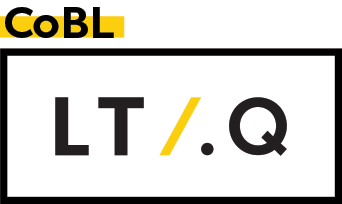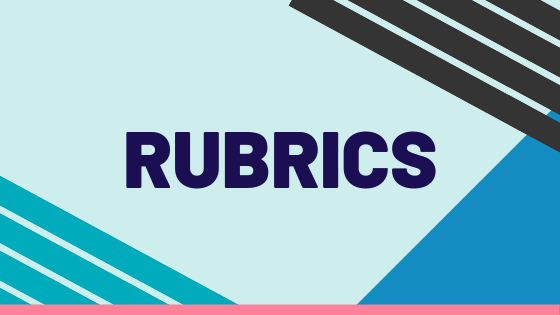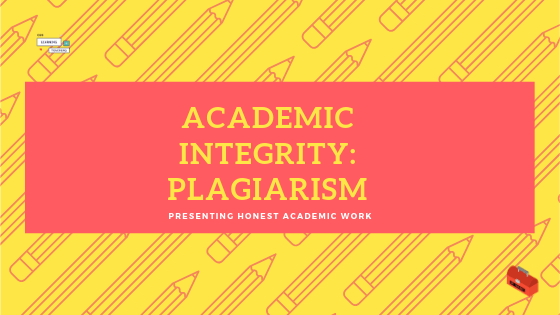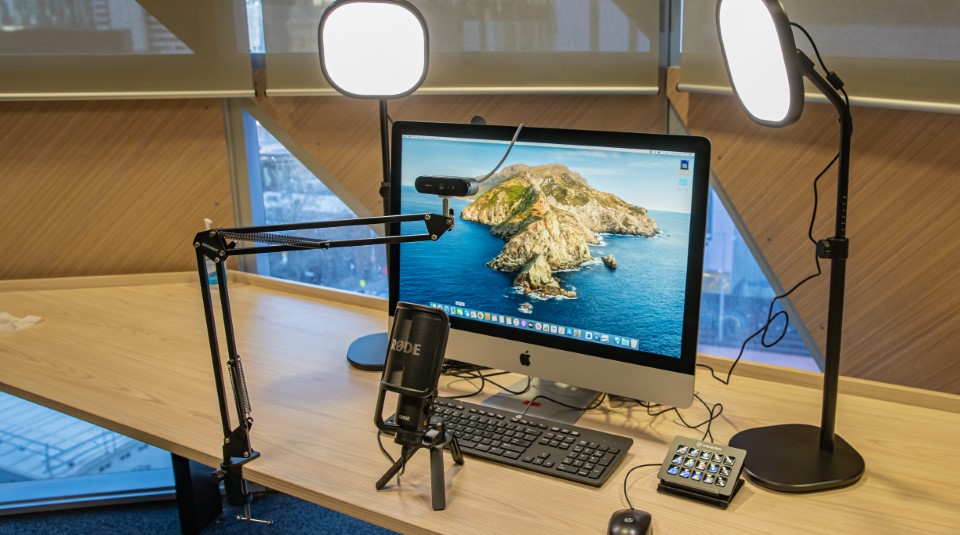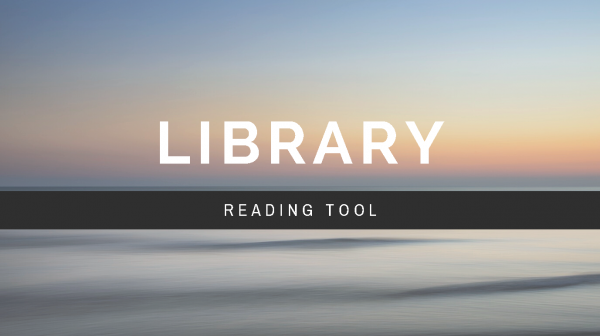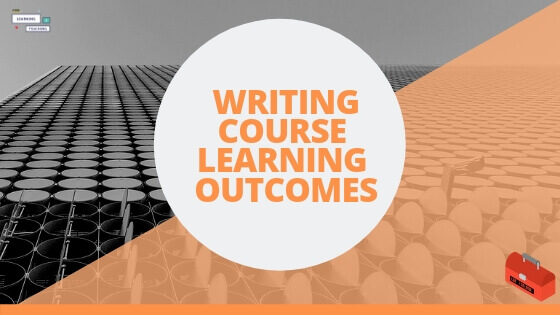COBL LEARNING & TEACHING
The Learning and Teaching portfolio supports academic and teaching staff in developing and improving quality education products across the College of Business. Focussing on accessibility, innovation, and best practices in learning design.
Spotlight: Enhancing the Learning Experience: Harnessing the Power of Student Feedback
As educators, we strive to create enriching learning experiences for our students. To achieve this, it is essential to actively listen to their voices and integrate their feedback into our teaching practices along with best practice. At RMIT University, student feedback is highly valued, and the College of Business and Law (CoBL) is committed to continuously improving the learning and teaching experience. In this blog post, we will explore the significance of student feedback and introduce the Course Experience Survey (CES) as a valuable tool for enhancing our courses.
Active Learning Strategies
Active learning is a student-centered approach to learning that focuses on how students learn, not just what they learn.
Spotlight: Exploring the uncharted landscapes of the mind: Mental Health in Higher Education in Australia
Amidst the academic rigour and innovation in Australian higher education lies the pivotal yet often overlooked challenge of addressing mental health, a cornerstone for staff and student success and wellbeing. The importance of mental health has emerged as a paramount concern within the higher education sector, and nowhere more so than in Australia.
Spotlight: Using AI Chatbots to Support Learning in Higher Education
Generative AI has emerged as one of the most fascinating tales of our times, and has captured the attention of educators and students alike. OpenAI, the company behind tools like DALL-E 2, was responsible for the development of ChatGPT, which quickly gained popularity upon its release last November. In just five days, over a million people signed up to test this AI chatbot. Since then, five other Large Language Models have been released, including GPT-4 and Bing AI.
Rubrics
Rubrics highlight the value of using assessment rubrics for teaching staff and students, and besides being a scoring tool, rubrics also represent the closing link between Program Learning Outcomes (PLOs), Course Learning Outcomes (CLOs) and assessment: the constructive alignment process. In this sense, rubrics demonstrate RMIT’s contract with the student has been met. Peruse the resources available when working with rubrics.
Academic Integrity: Plagiarism
RMIT university defines academic integrity as the ‘honest presentation of your academic work. It means acknowledging the work of others while developing your own insights, knowledge and ideas.’ (RMIT University 2018 a para.1). If needing to find out more about integrity, checkout the resources and tools available stay on top of this important challenge.
Self Service Recording Studios
The College of Business and Law is fortunate to have access to 5 Self-Service Recording Studios. You will find an iMac loaded with Microsoft Office and Adobe apps, a Rode external microphone, a Logitech 4K webcam camera mounted on a boom arm, an Elgato Stream Deck and two Elgato Studio lights. Book a Recording Studio to record your videos!
Reading List
Utilising the library reading list tool can help you to maximise the use of library resources in a way which is copyright compliant and adds more student functionality and interactivity.
Writing Course Learning Outcomes
Course Learning Outcomes inform students of exactly what they will learn and what they must be able to demonstrate and courses. Writing them well is critical for good course design and helps courses meet the Australian Government requirements as identified in the TEQSA Threshold Standards.
Visit us
